PC Specialist Recoil II (RTX) Review
March 27, 2019 | 12:00
Companies: #intel #nvidia #pc-specialist
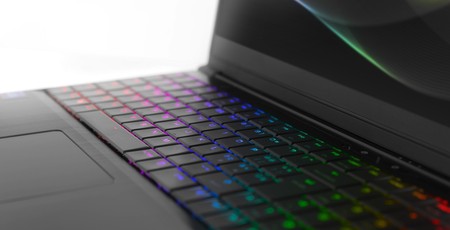
Performance Analysis
There are good and not so good points to take away from the graphs, and we'll start with the latter. We spotted what appeared to be fairly aggressive CPU throttling when faced with multi-threaded workloads where the frequency would quickly fall to close to 2GHz across the cores; we've seen closer to 3GHz with the same CPU elsewhere e.g. the Gigabyte Aero 15W from last year. Intel's Core i7-8750H can be configured with one of two TDPs (35W or 45W), and we believe the lower of the two is being utilised here seeing as the CPU didn't top 70°C in our stress test. All laptops have an overall power budget to work with, so it's possible the added demand of the RTX 2070 GPU in this chassis makes the lower TDP option the better one on balance.
It doesn't appear to be an issue in terms of cooling, but it did impact on the scores in these types of benchmarks. For example, Cinebench R15 sits at 811 points whereas the Recoil II before this one with the same CPU hits 1,059, and the latter is a sizeable 10 seconds quicker in HandBrake too. There wasn't anything we could do in the BIOS or Windows to get the CPU boosting higher, so it's a sacrifice you'll need to be aware of.
Thankfully, gaming performance is stellar, with near double the frame rates of its GTX 1060-wielding predecessor, and this is in the relatively tough Deus Ex at maximum settings too where you'll see a minimum frame rate of 51fps and average around 70fps at the native 1,920 x 1,080. The results speak for themselves, and the Recoil II (RTX) is in a different league to the other laptops. That said, VRMark - our most CPU-limited game test - only shows modest gains, likely as a result of the CPU TDP issue.
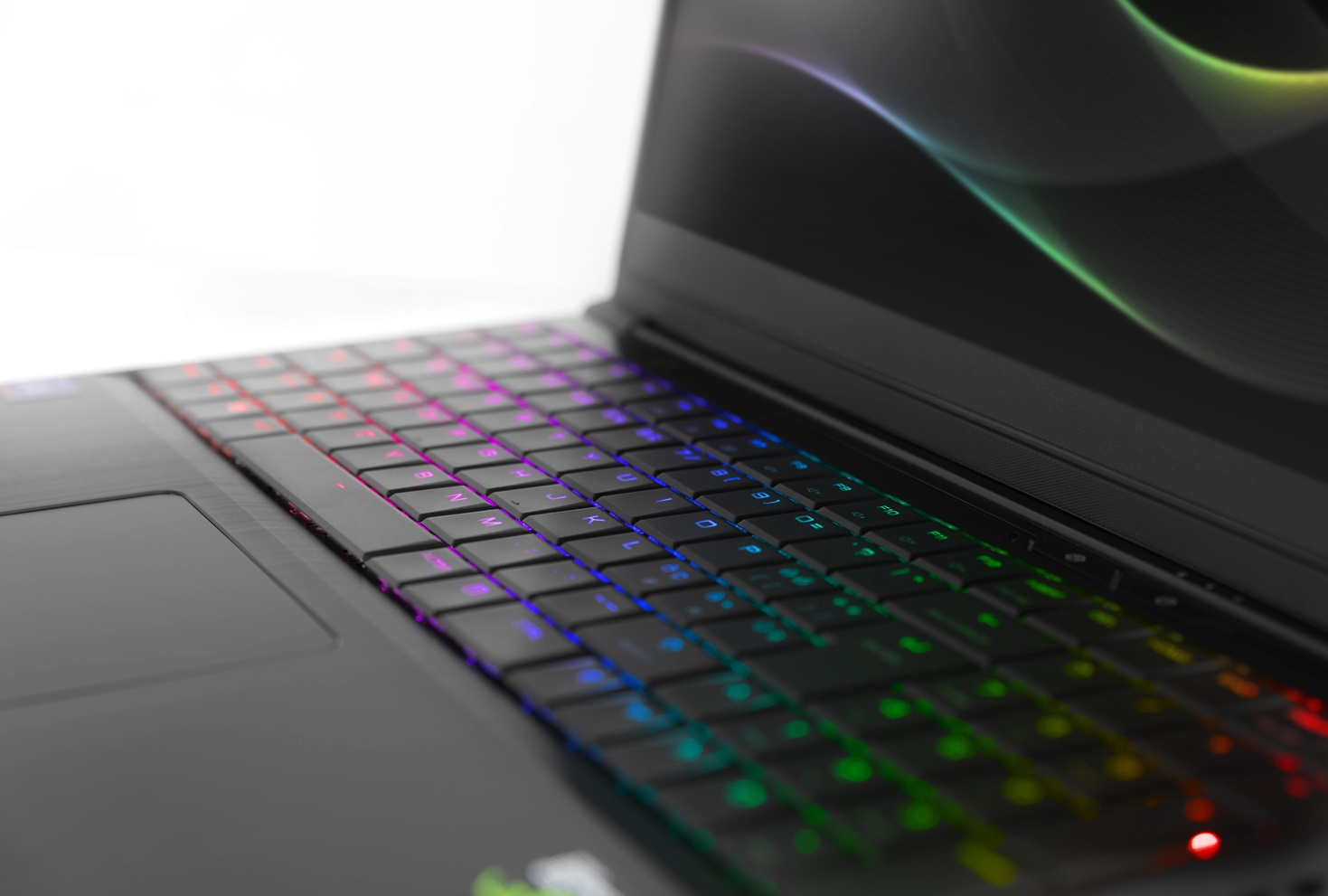
Storage performance is excellent too with the Intel 760p punching its way to the top of our storage graphs, although the storage traces are as ever more in line with others. The maximum measured brightness of 294cd/m2 is reasonable, but the new model is not as bright as its predecessor across the board, and this isn't likely to allow quite as comfortable viewing outdoors in sunlight, although it's clearly more than adequate for dimly-lit LAN event halls and sneaky night gaming sessions. On the flip-side, sRGB coverage and colour accuracy are slightly better than the panel included on its predecessor, even if brightness uniformity and one or two other results are a little inferior resulting in a very similar-performing screen overall.
There seem to be several levels of performance available as you switch to battery-only mode, with slower frame rates as soon as you unplug (Nvidia Battery Boost defaults to 30fps), dipping down again at very low battery levels that are generally unplayable. The playable segment lasted just 35 minutes, which is poor, but games were still consistent and smooth until the 20 percent battery point, when the Recoil II (RTX) entered the final state and where we ended the benchmark. The PCMark 8 productivity test simulates a fairly busy non-gaming workload, and here the laptop lasted well over two hours, although this is still some way short of others we've tested.
As we mentioned earlier, the CPU reached a maximum 70°C in our stress testing with the GPU coming in a little higher at 77°C.
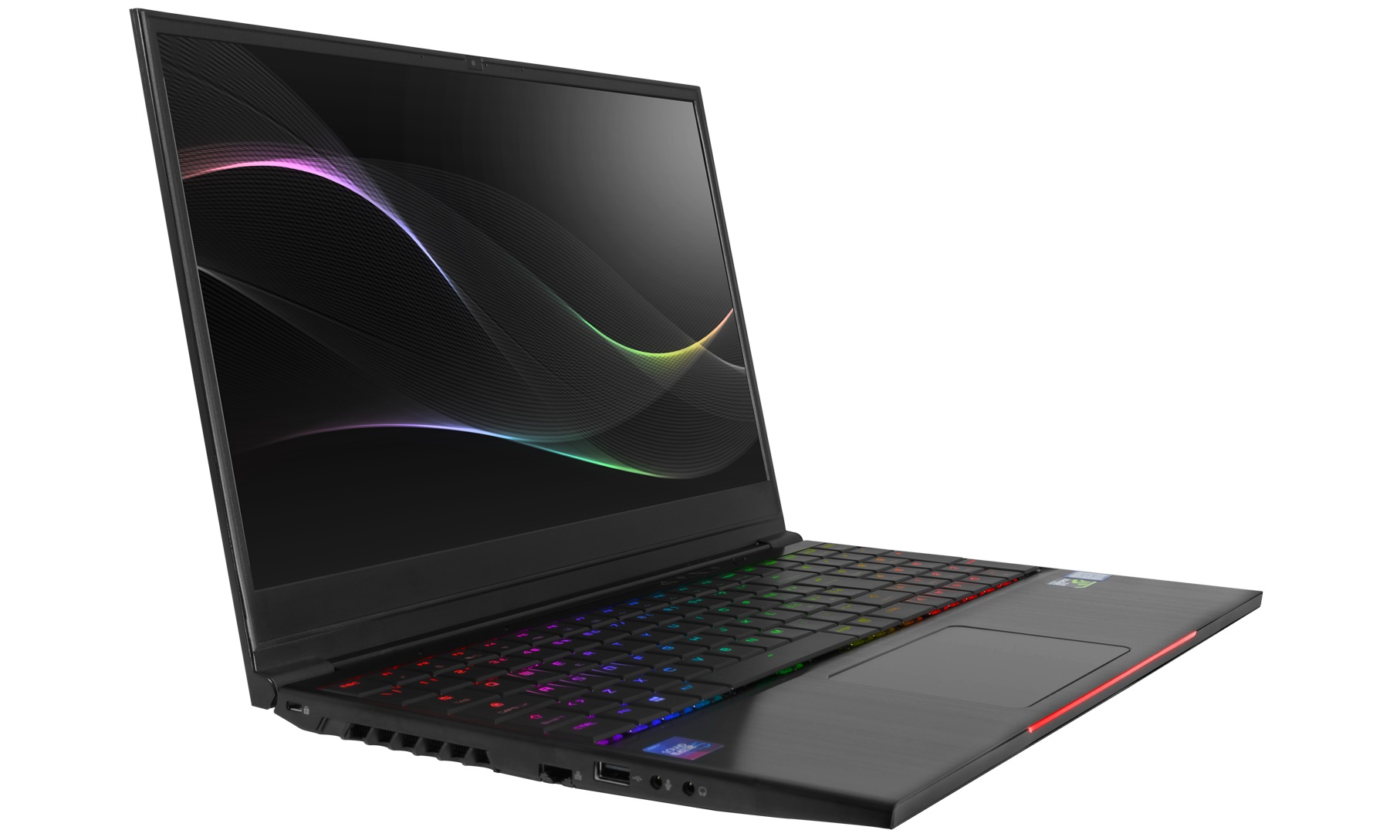
Conclusion
What we have in the PC Specialist Recoil II (RTX) is a decent portable gaming machine with great value as far as RTX 2070 units go, although it's not without a couple of significant niggles. Firstly is the CPU performance, which is some way south of the performance of the same CPU used in this unit's predecessor as well as competing models, most likely due to more power being shunted to other areas of the system. While not catastrophic, the performance impact is noticeable, although only really in multi-threaded and CPU-intensive workloads. Battery life is also poor; a little over two hours in our light load test means we'd have serious concerns if you spend long periods away from power outlets doing work. There's enough juice for one coffee shop latte, but you'll likely see the laptop's battery die before you finish a second unless you're just word processing. The display brightness also seems to be noticeably lower than that of its predecessor too, although even in the bright lights of our lab it was still perfectly usable.
The chassis is attractive with brushed aluminium and a reasonably large touch pad, though, and it's not too heavy considering the specification either. While the CPU only offers modest gains over some of the more powerful quad-core mobile CPUs we saw last generation despite offering an additional two cores and four threads, gaming performance is excellent with near double that of GTX 1060-based laptops we've reviewed. As a result, as a compact gaming unit the Recoil II (RTX) scores highly but is maybe not as flexible as the competition when it comes to gaming or performing other tasks away from power outlets. This does dampen its appeal, but if you'll be plugged in a majority of the time and only want occasional portability, it comes recommended, particularly as one of the least expensive means of getting a mobile RTX 2070.


MSI MPG Velox 100R Chassis Review
October 14 2021 | 15:04

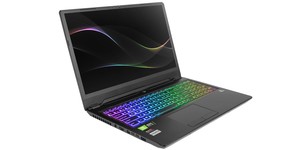
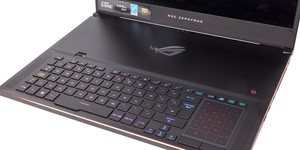
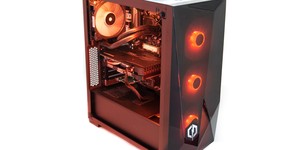




Want to comment? Please log in.